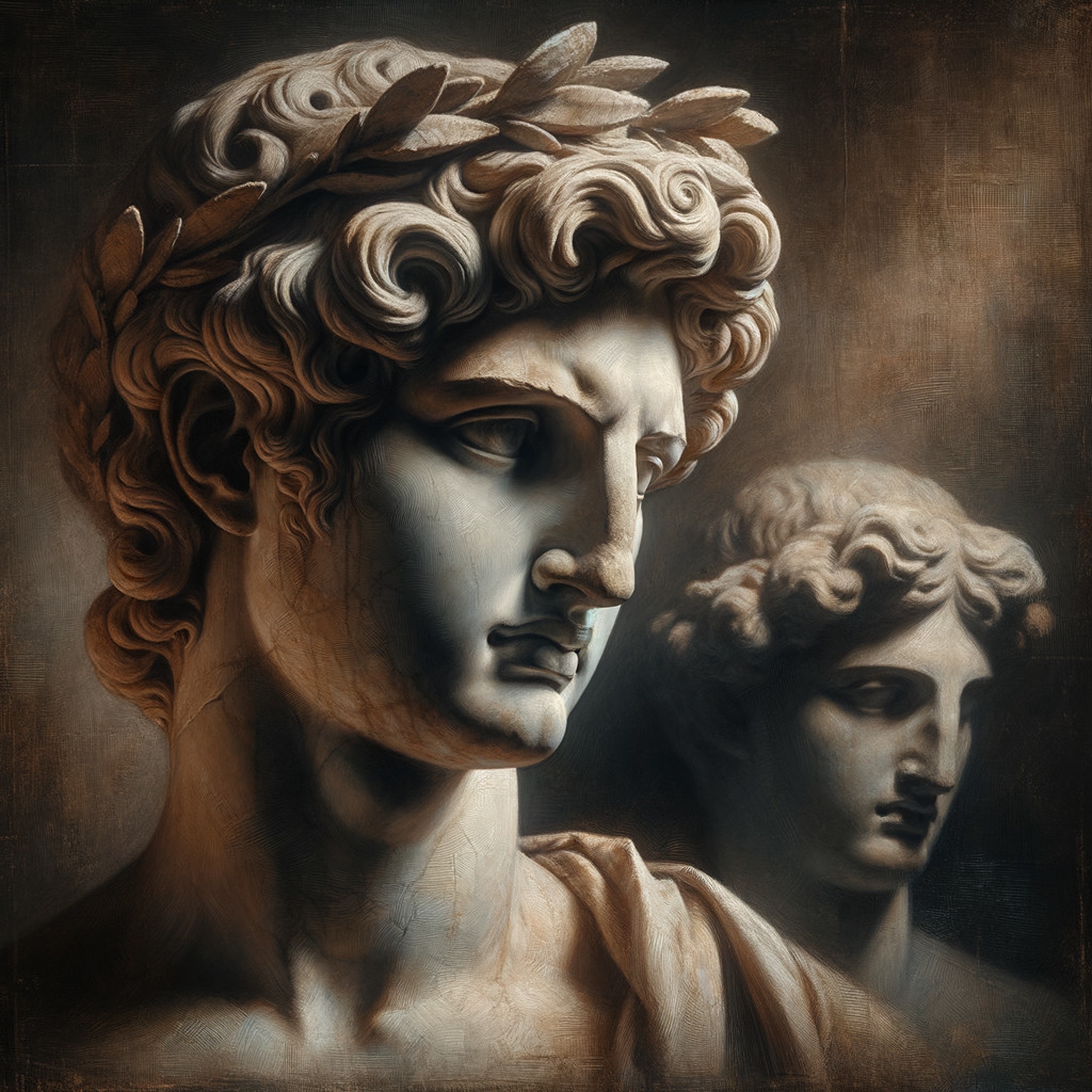Humanities
Maximizing human potential for a lifetime

by CLAIRE VAN ZANT | Having been asked to write an article on the subject of the humanities and its connection to the world of art, I must begin by being emphatic in the belief that humanities education during the formative years and continuing throughout life, whenever and however possible, produces the greatest resource for the world of the arts. We are, of course, talking not only of music, literature and painting but of the arts in the original sense of the word.
The arts of applying science, designing things, constructing social order, pursuing philosophical ideals and exploring the notion of the self, the processes that go into an economically viable and fulfilled society.
Currently in the world of education preference and emphasis is certainly upon the sciences, mathematics, physics-biology-chemistry, computer sciences and technical training of all kinds.
But yet, in a mood of great disquiet emanating from violent eruptions of race hatred, stormy protest, fear of AIDS epidemic and the prevailing persistence of a terrifying drug war, there is an emerging consciousness of the need to provide liberal education which will prepare the student for life as well as for life's work.
This concern and awareness has brought the realization that although the sciences provide the means through which many may achieve survival, the arts and humanities make survival worthwhile.
The reader may be puzzled, as many before have been, to identify the exact boundaries implied by the term "humanities." It seems so often to be used as a convenient umbrella for any kind of interdisciplinary studies.
I am endeavoring to suggest an appropriate and more specific interpretation, pointing toward studies that make life more distinctively and more richly human; studies that maximize the human potential not just for the immediacy of the moment but for a lifetime.
So, what is the humanities? It is the creation of an idea. It is that part of men and women which makes them endure, with heroism, when all hope appears to be lost.
It is the outraged voice of persecution against the iniquities of tyranny and it is the expression of concern for those not usually considered.
It is the sociological commitment of man which goes beyond personal and domestic necessity; it is a response to religion, an involvement of faith. Most importantly it constellates a sense of justice tempered by mercy, and certainly it gives recognition of beauty and wonder in nature.
It is the awesome comprehension of man's potential in achieving for civilization, progress, retrogression or destruction.
It is the embodiment of man's creative genius expressed in sound, words, dimension, movement and paint.
It is above all the responsibility of being humane to oneself, and to all mankind. Modern mankind's great adventure is not merely to explore the outer world; it is to an even greater extent to plumb the depths of the human soul.
With keen perceptions and qualitative ideas abounding, modern mankind must vigorously seek new dimensions which could indeed include a "kinder gentler'' people not given to the kind of inhumanity that "makes countless nations mourn."
The humanities then must be the means of preserving and handing down the heritage of man to future generations. Generations, indeed, who may find even more appreciation, comfort and pleasure in the works of Shakespeare, Bach and the architects of medieval times than we have found, and it is to be fervently hoped, out of that appreciation, pleasure and learning create another Renaissance more glorious, more illustrious than the last.
The cultivation of the arts is an education of the sensibilities, and if we are not given an education of this kind, if our hands remain empty and our perception of form is unexercised, then in idlenesss and vacancy we revert to violent crime. When there is no will to creation, the death instinct takes over and wills gratuitous destruction. -- Sir Herbert Read

THE POST BULLETIN, Rochester, MN, August 23, 1990

